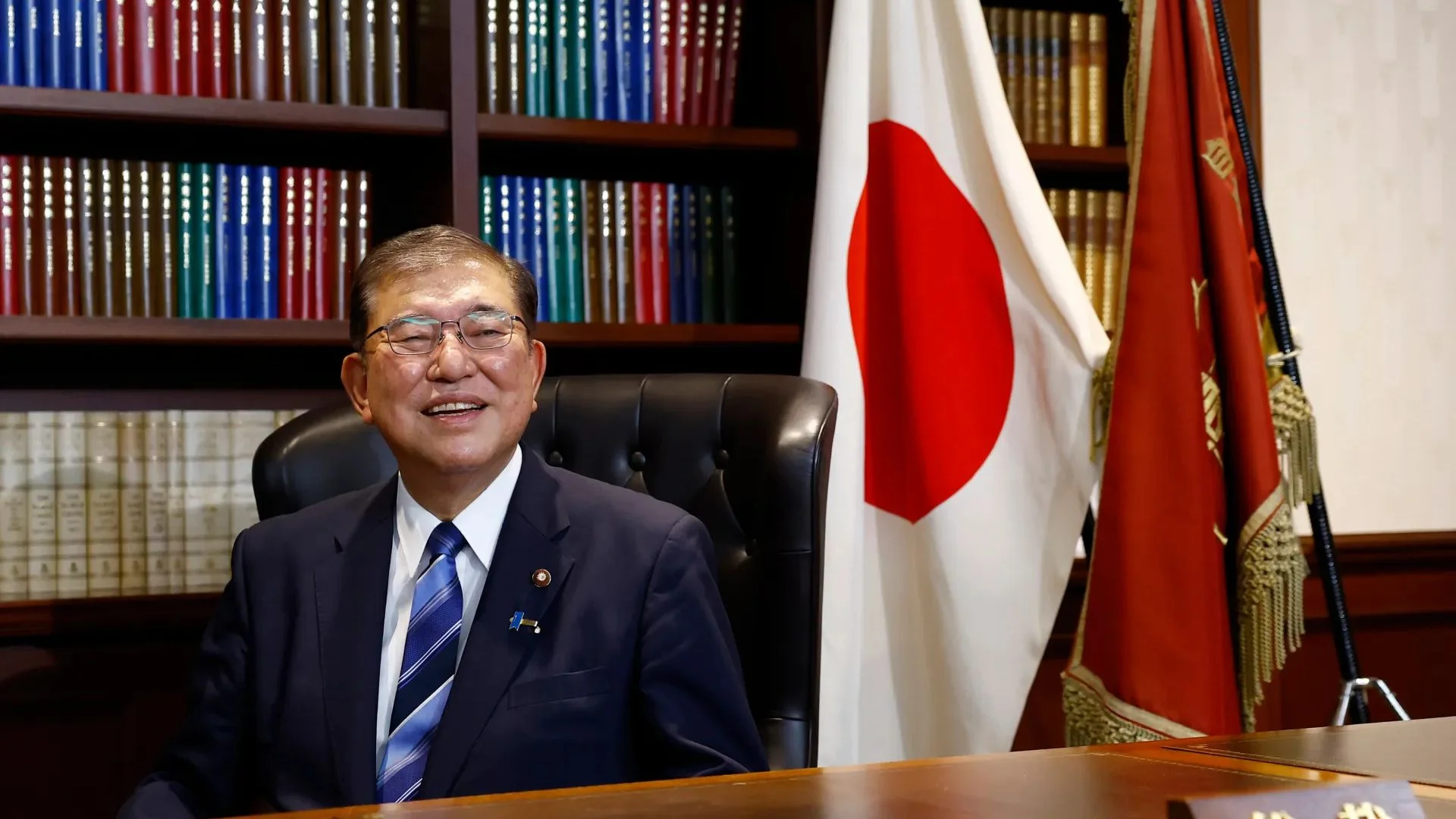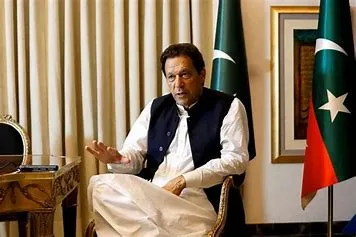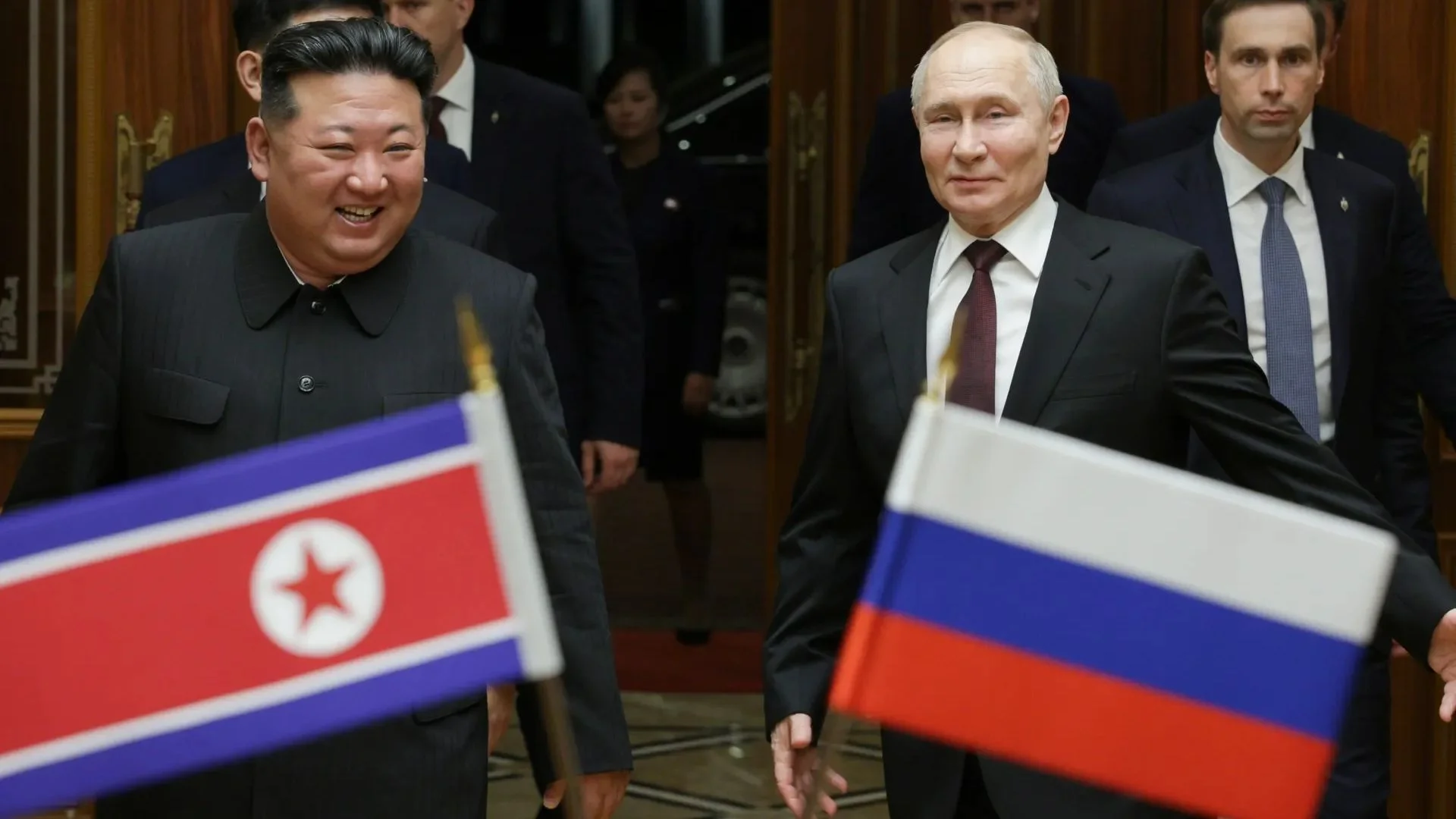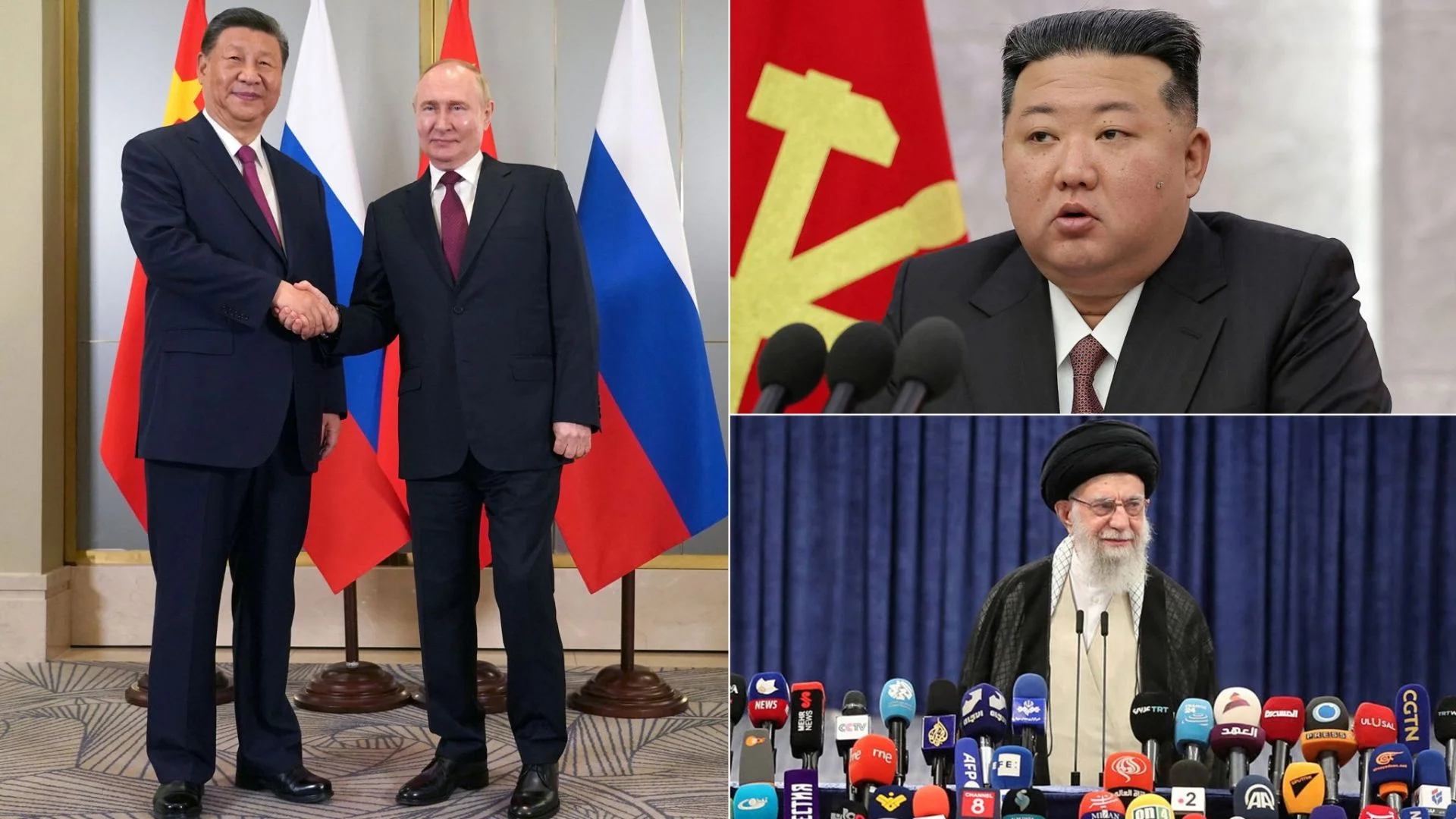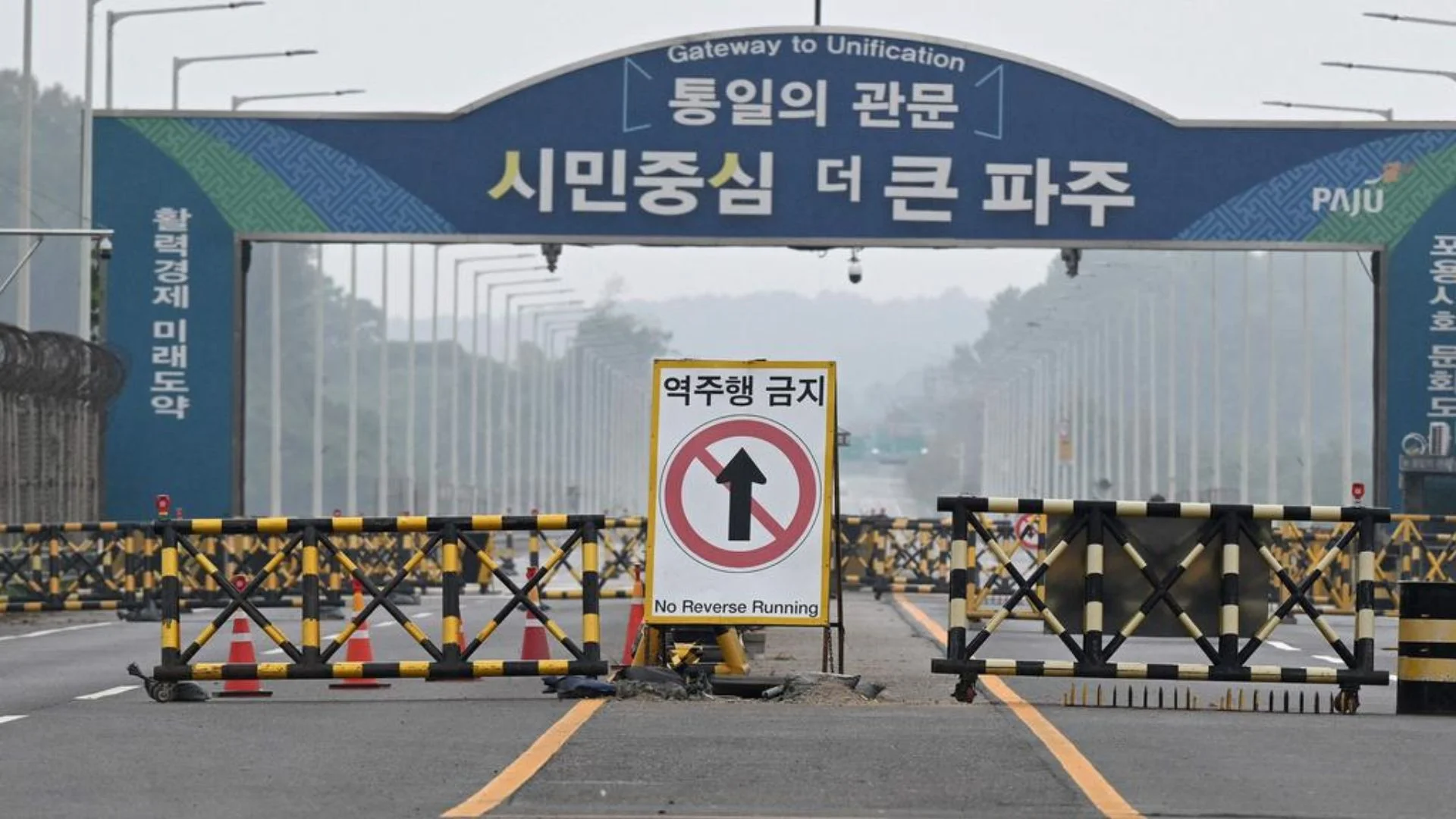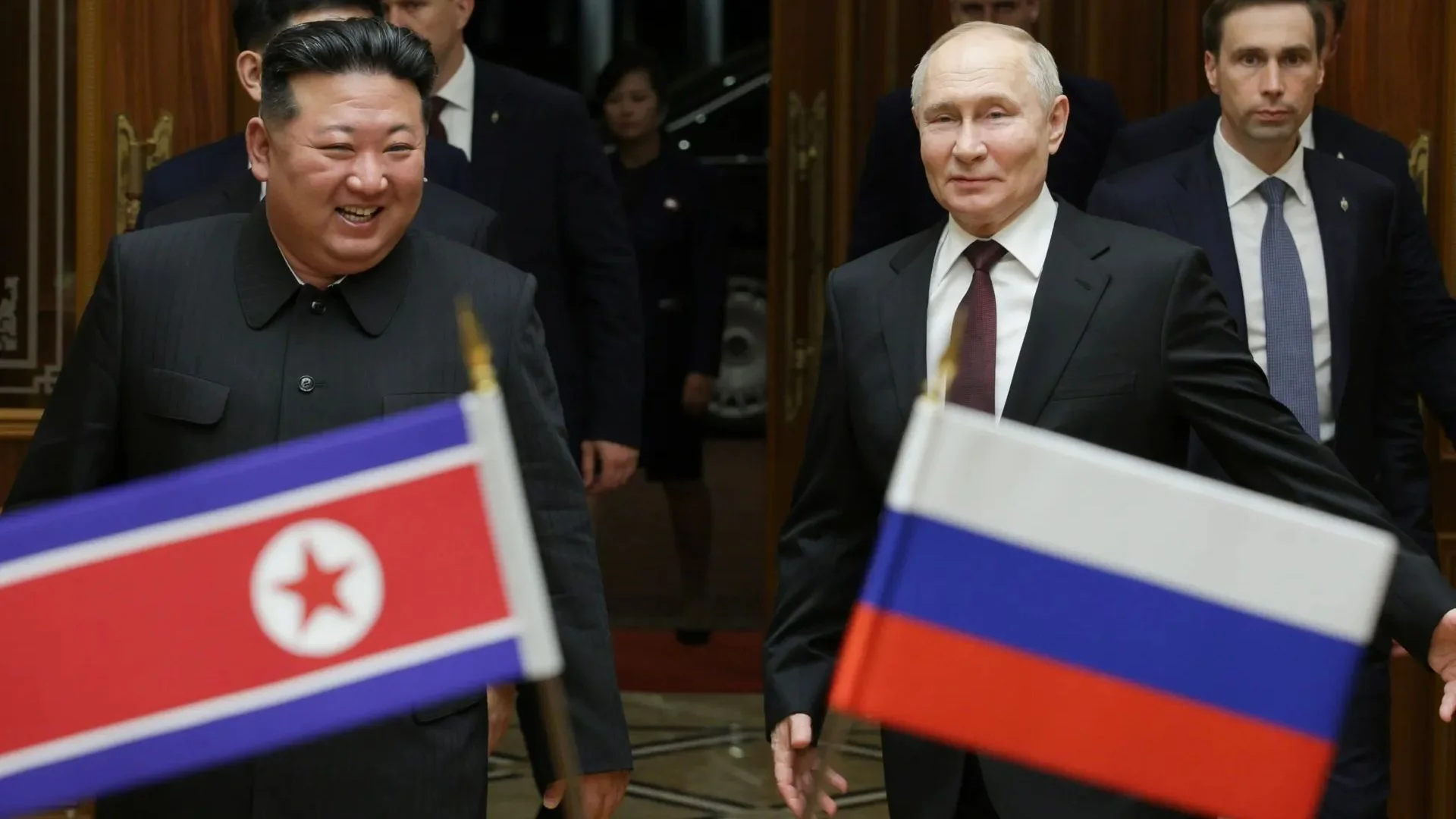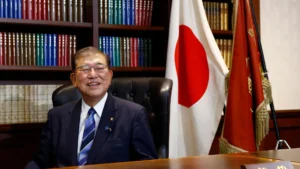New Cabinet Unveils
Japan’s newly appointed Prime Minister Shigeru Ishiba unveiled his cabinet on Tuesday as he aims to mend party divisions and secure a national mandate ahead of the snap election scheduled for October 27. The 67-year-old former defense minister, who recently won a competitive race to lead the ruling Liberal Democratic Party (LDP), was confirmed by parliament earlier that day. Ishiba is set to hold his first press conference later in Tokyo.
In his role, Ishiba’s diplomatic strategy towards Japan’s closest ally, the United States, will be closely watched. He has previously advocated for a more balanced relationship with Washington and has proposed establishing an Asian counterpart to NATO to deter China’s influence—a move that has already drawn criticism from Beijing and was dismissed by a senior US official as premature.
Navigating Security and Economic Challenges
As he assumes office, Ishiba faces domestic discontent over rising living costs and a sluggish economy, along with regional security challenges posed by an assertive China and a nuclear-armed North Korea. His cabinet comprises a mix of allies and rivals, including two leadership competitors—Katsunobu Kato as finance minister and Yoshimasa Hayashi as chief cabinet secretary. Notably, the cabinet features only two women, a decrease from the previous administration.
Kato, a supporter of former Prime Minister Shinzo Abe’s “Abenomics” policies, aims to reassure concerns about the new administration’s economic direction. Following Ishiba’s leadership victory, the Nikkei stock index fell nearly 5% on Monday due to the rising yen but regained some ground on Tuesday.
Ishiba’s cabinet includes close allies like Takeshi Iwaya as foreign minister and Gen Nakatani returning to the defense ministry. In his victory speech, Ishiba emphasized the need to strengthen Japan’s security in light of recent territorial incursions by Chinese and Russian military forces.
However, his cabinet’s composition raises questions about unity within the LDP. Five lawmakers who contested the leadership election, including hardline conservative Sanae Takaichi, were not appointed to his government, potentially complicating Ishiba’s efforts to manage a party that has faced scandals, including unreported donations from fundraising events.
Despite its internal challenges, the LDP remains favored to retain power in the upcoming election, with a recent poll indicating that 33% of respondents supported the party compared to 15% for the main opposition, the Constitutional Democratic Party of Japan. Many respondents expressed optimism about Ishiba’s leadership, which may bode well for his administration as it seeks to navigate a complex political landscape.

